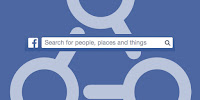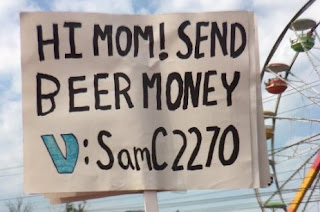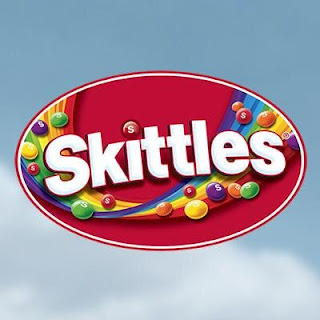I can think back to a time, long ago, when before a movie
began you were asked to silence your phones… and everyone did so. Often, it
wasn’t just a flip to silent people ACTUALLY turned off their phones, crazy
thought right. As the number of mobile apps on our phones has grown, our
investment in them has too. I’m sure we have all heard at one point, or thought
to ourselves, that our heads are stuck in our phones and not the world around
us. Granted, I’ve written a post before discussing my generation’s reliance on
technology, and I still stand by my argument that at times it would be
inefficient to not take advantage of the benefits the latest technology
provides. But it was at the UGA v. Auburn game this weekend I was reminded how
our dependence starts to affect our ability to genuinely enjoy life happening around
us. It was as the Georgia Bulldogs, yes the 2016 Georgia Bulldogs, were about
to score on the game winning drive. As I looked around me I was surround by Snapchat apps ready to capture the moment, as if our eyes weren’t enough.
This reminded me of an article I read this summer about an
altercation between Slipknots lead singer Corey Taylor and a fan. A fan in the
front row was spending the entire show with his face in his phone screen. Corey
Taylor took it into his own hands to ensure his “fans” were enjoying the show,
and reached off the stage slapping the concert goer’s phone from his hands. I
definitely recognize the performer’s frustration, whether his response was warranted
or not is another discussion. I think this has been a long time coming, people
were going to hit their tolerance limit of being ignored for a little square. Social
Media began with the purpose of sharing and enhancing connections, as someone
with many friends and family miles away I still cherish it for this purpose.
But how has it advanced to the point where people are more concerned if the person
next to them is liking their photo than the fact this person is sitting next to
them. Built with the purpose of building connections, are our social media apps
beginning to hinder just that?






